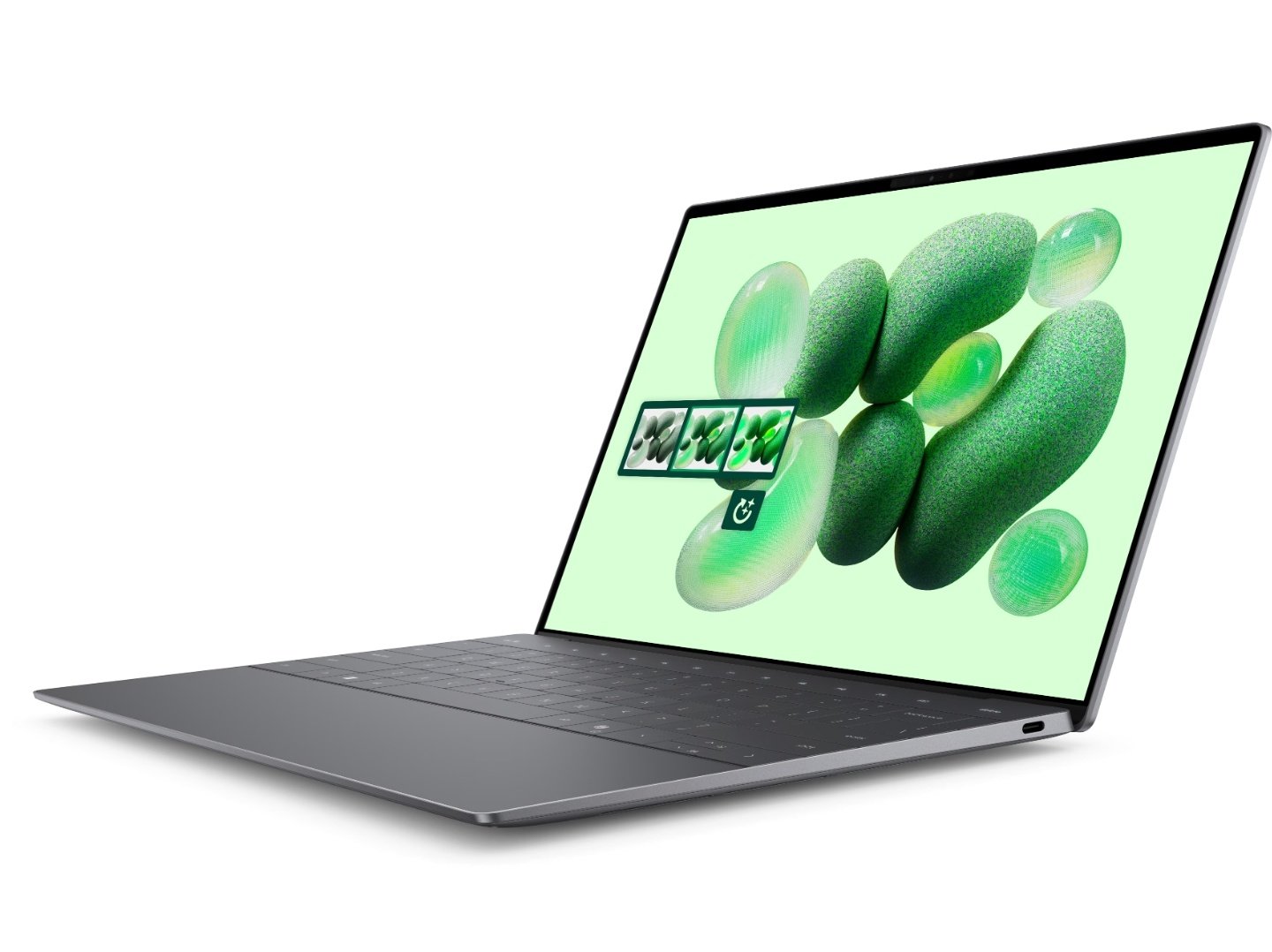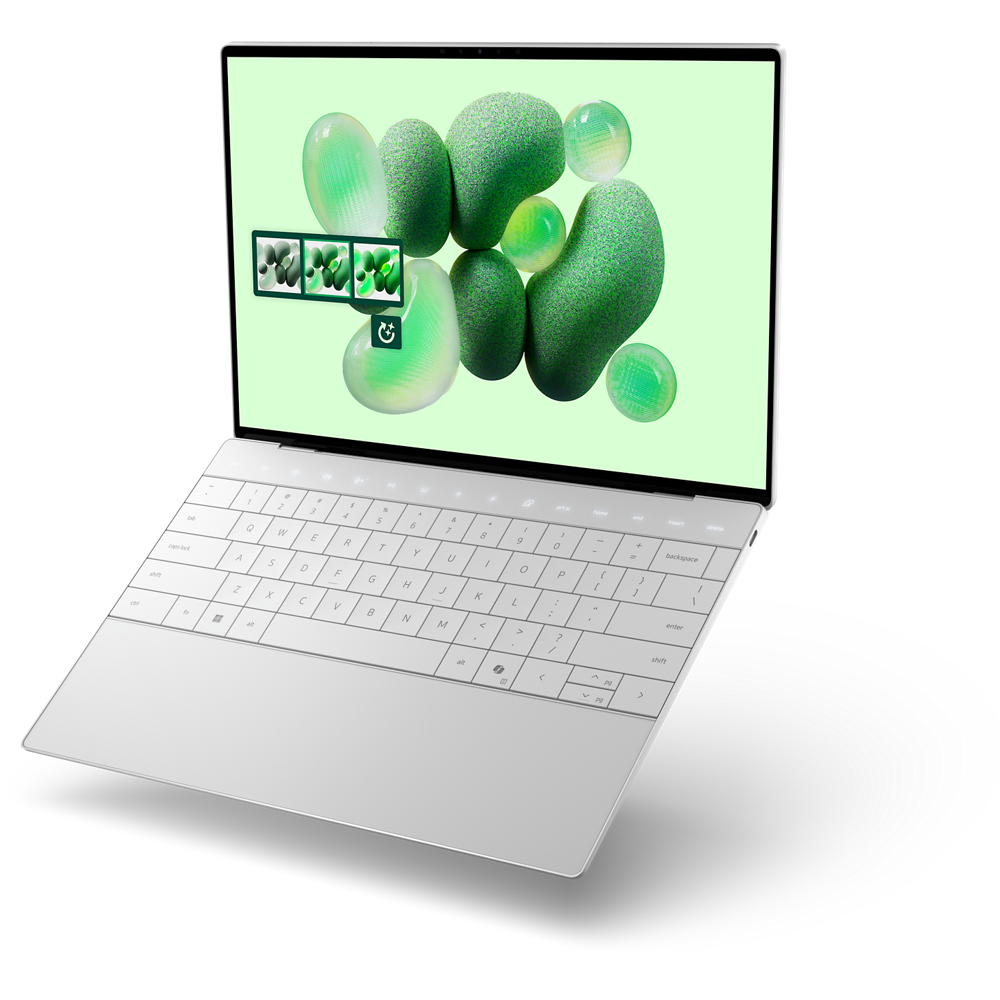Dell is shaking things up in the premium laptop market with the introduction of the all-new XPS 13 powered by the Qualcomm Snapdragon X Elite processor. This marks a significant departure from the traditional Intel or AMD chips that have dominated the XPS lineup for years. Let's delve into what this change means for users and the potential impact on the future of laptops.
A Farewell to x86?
For many, the XPS series is synonymous with sleek design, powerful performance, and top-notch user experience. However, battery life has often been a point of contention. Enter the Snapdragon X Elite. This ARM-based processor promises significant improvements in battery efficiency, potentially offering all-day use on a single charge – a major selling point for mobile professionals.
Performance on the Rise
The Snapdragon X Elite isn't just about battery life. It boasts impressive performance specs, including 12 cores capable of reaching speeds up to 3.4 GHz, with dual-core boost up to 4 GHz for demanding tasks. This, coupled with the Adreno GPU, suggests the new XPS can handle everyday tasks and even some light creative work with ease.
A Question of Compatibility
One potential drawback of the switch to ARM processors is compatibility with existing software. While Windows 11 on ARM has made strides, there might still be some applications that won't run natively. Users who rely on specific software should carefully check compatibility before making the switch.
A New Chapter for Laptops?
The arrival of the Snapdragon X Elite XPS 13 could be a sign of things to come. If Dell finds success with this model, it could pave the way for wider adoption of ARM processors in premium laptops, potentially leading to a future where battery life and performance are no longer compromises.
Early Verdict: Wait and See
The new Snapdragon X Elite XPS 13 is an exciting development, offering the potential for longer battery life and solid performance in a sleek design. However, the question of software compatibility remains. If you prioritize uncompromised software compatibility, an Intel-powered XPS might still be the better choice. But for those who value long battery life and are willing to embrace a potentially more mobile-centric future, the Snapdragon X Elite XPS 13 is definitely worth considering.


Post a Comment